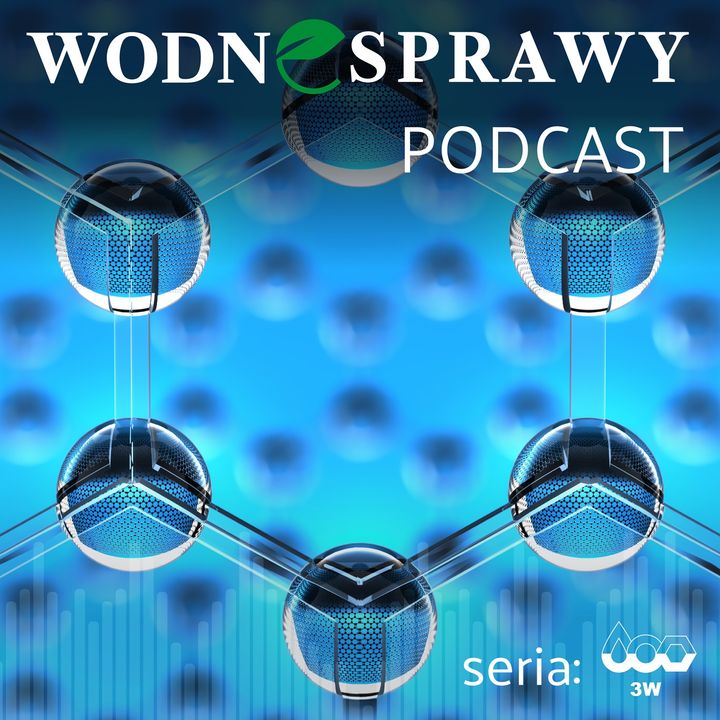A review of various environmental policies is underway in the European Union. These actions, on the one hand, are associated with a rather long period of time. On the other hand, the revision is aimed at bringing the records in line with the ambitious new direction Europe wants to take. It is described in the European Green Deal.
One of the documents under review is the so-called Wastewater Directive. It regulates the requirements for the treatment of municipal wastewater within agglomerations. This is one piece of EU legislation that has had a huge impact on Poland. Billions in EU and domestic funds have been spent on adapting sewage systems and treatment plants to the provisions of the Wastewater Directive. For the implementation of the specially developed and repeatedly updated National Urban Wastewater Treatment Program (NTP) until 2018, according to the Polish Waters, has been allocated more than PLN 62 billion. The next, the 6th update of the NTPC implemented from 2020. is expected to consume another PLN 28 billion.
The provisions of the Wastewater Directive have been in effect for more than 30 years, and the goals set therein should have been achieved long ago. The review being conducted by the European Commission is therefore entirely legitimate. Especially in the context of the new urban wastewater problems.
The EC’s proposal for the Wastewater Directive aligns the act’s requirements with the challenges faced by the municipal sector. The scope of the legislation would be extended to smaller agglomerations – above 1,000 p.e. (population equivalent – an indicator for comparing agglomerations). In addition, special emphasis has been placed on controlling the treatment of wastewater from septic tanks. Completely new are the provisions for the introduction of extended liability for cosmetics manufacturers and pharmaceutical companies. This is expected to at least partially address the problem of micropollutants in wastewater resulting from the manufacture and use of drugs and cosmetics. The proposal for a wastewater directive also envisions adapting the municipal sector to climate change and achieving climate neutrality.
Running from January 5, 2023. Public consultation has just ended. The materials made public are still available on the website of the Ministry of Infrastructure. The next step for the EC is to consider the comments made, including amendments to the directive’s provisions. In the next steps, the document will go through legislative procedures in the European Parliament. It is therefore worth following the next stages of the directive’s procedure and learning about its final form.

 Polski
Polski






